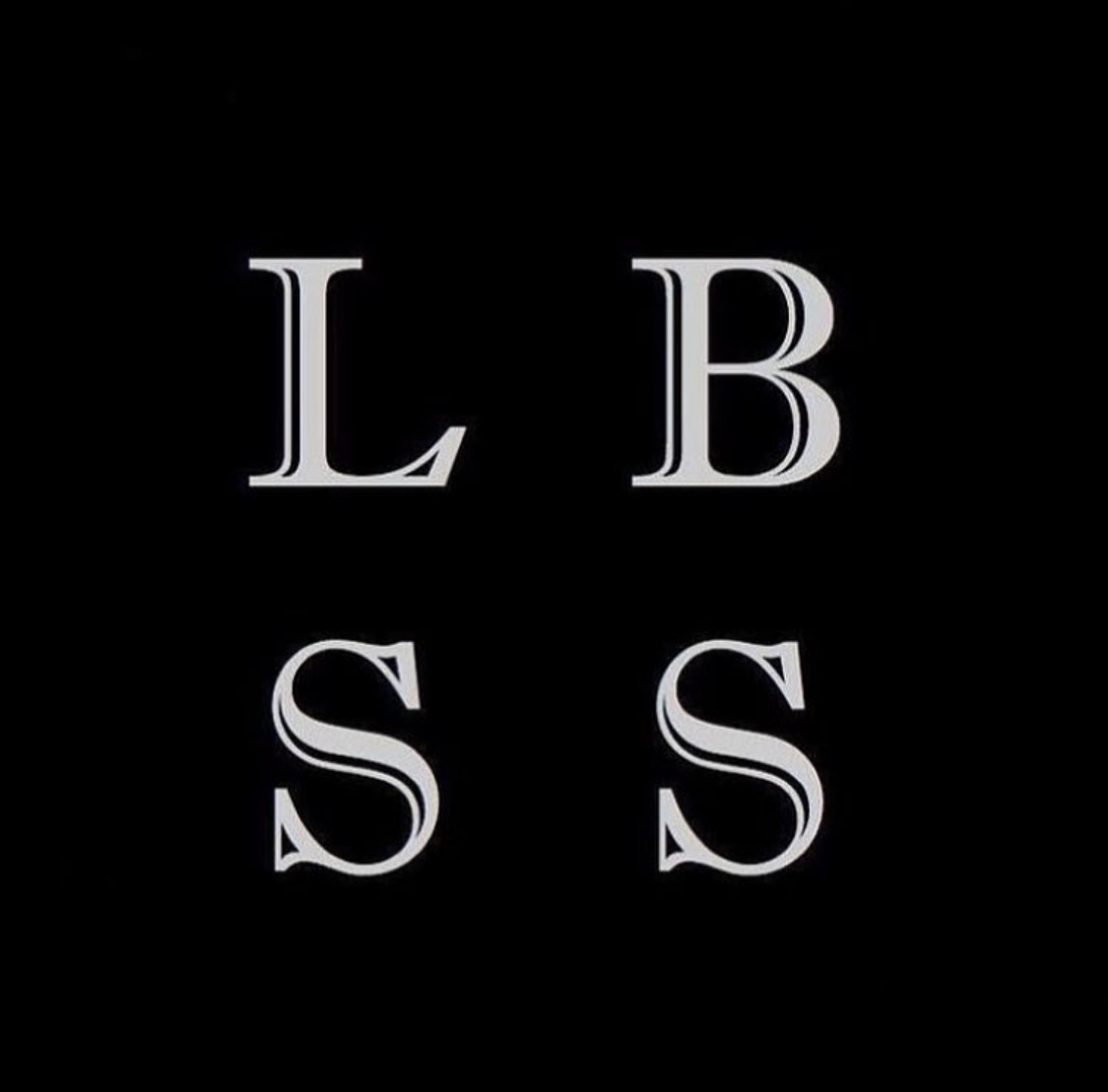Dear reader,
Welcome to our new series #LBSSphiloxenia. A project set to discover luxury hospitality. Now, you may be wondering: “what is philoxenia”? Actually, it is a very complicated term that roots back to the Bronze Age in Greece, approximately, around 850 BC; mentioned numerous times by Homer throughout the Odyssey. The Odyssey, is the mesmerising tale of Ulysses/Odysseus throughout the Mediterranean sea, where a lot of unfortunate events occur to him making him unable to return to his home and his wife for decades. He experiences various acts of hospitality or philoxenia. The literal translation of the word is “friend of the foreign”, but the word encompasses far more than that. It’s a lifestyle, philosophy, belief that partially forms the morals and values of people. In order to understand luxury hospitality and understand the value of your stay at a five star hotel, knowing what philoxenia entails is crucial.
You may be a little lost at the moment and tell yourself “so philoxenia and hospitality are the same thing”. Well, yes and no. Philoxenia gave birth to the idea of “Hospitum” in Ancient Rome, which then became hospitality. Either ways, philoxenia, essentially, laid the foundations of hospitality.
In ancient Greece, the Gods were feared. The Gods would travel down to the mortal realm from Mount Olympus in order to check if humans are honorable, non-indulgent and respectful to one another; whoever failed these tests would be punished severely. Once upon a time, Zeus, the God of lighting and the God of the Gods, together with Hermes, the messenger God, traveled down, disguising themselves as homeless men. In order to test their beloved humans they went door to door asking to stay for the night. All rejected them, except for an elderly couple. The elderly couple gave everything that they had from wine to bread to the Gods. The Gods, then, revealed their true selves to the elderly couple and the couple were saved from a flood that drowned the rest of their country and their house, miraculously, became a temple, and at their own requests they became the priest and priestess of the temple. A few years later, they were granted the wish to die together and from their grave grew two beautiful trees.
Although a beautiful story, this myth inspired a set of rules for philoxenia. The following sets of rules inspired the basis of the hospitality industry.
Reception, Seating, Feast, After-dinner drink, Discussion, Entertainment, The visitor’s blessing, A sacrifice to the gods, Bed, Bath, The visitor’s gift to the host, Escorting the guest to their next destination
As you can see, philoxenia was a two-way street, both the visitor and the host had to show mutual respect and a degree of hospitality. Later, philoxenia was converted into law, which can be seen in Plato’s work. The term created diplomatic links by making important guests of a country happy and satisfied by the hospitality provided–causing pleasant processes of international relations. This moral set/law applied to the poorest of Greeks to the wealthiest, it was a basic act that still lives on in the Greek DNA to this day. This leads us to today, to the luxury hotel brand of Ritz Carlton. César Ritz, the creator of the brand, is famed for saying the following: “ladies and gentlemen serving ladies gentlemen”, his understanding of philoxenia was an inspiration for that statement. This quotation demonstrates the mutual respect needed and expected by both the guest and the hotelier. The importance of Philoxenia continues, to the point of a violation of it causing the Trojan wars.
Overall, a brief understanding of philoxenia provides us with the tools necessary to understand the basis of hospitality and from that how to distinguish between luxury hospitality and hospitality in general. It provided for rules and customs–influencing other cultures, as Hellenism spread. This innovation caused the creation of loyalty programs, Homer’s work and the huge world of hospitality in general. In essence, philoxenia is the oldest hospitality philosophy, foundation of hospitality in the future, it created strict rules and customs, was spread around the world, and became prevalent in history.
“friend of the foreigner”
#LBSSphiloxenia, by @irirkay, BBA in International Hospitality Management student at Glion Institute of Higher Education
